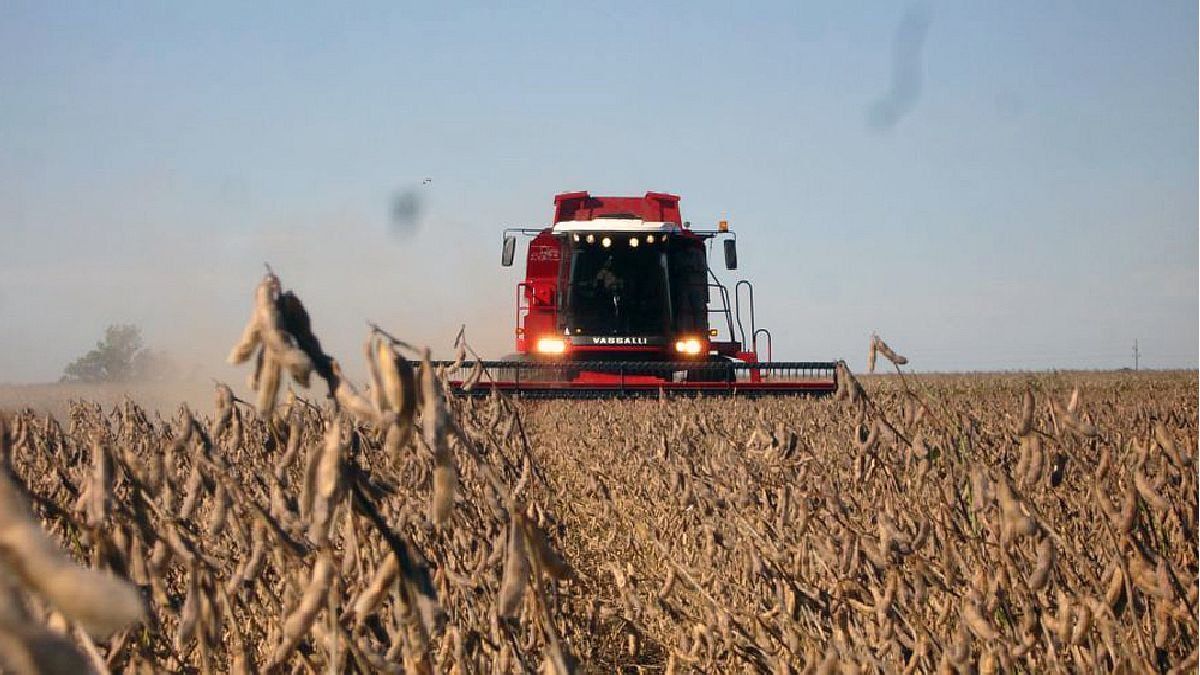headline inflation
The scenario presented for Argentina is complex. To the internal crisis we must add the exit? of the pandemic and the military conflict in Eastern Europe, which will undoubtedly have negative consequences for food security and world trade. With the value of a barrel of oil above US$100 and commodities at historical maximum prices, the conflict could cause higher world inflation and slow down the economic recovery of countries that trade with Argentina.
Agreement with the Fund
According to the draft that circulated days ago regarding the agreement that our country and the IMF could reach, “it is possible that the policies have to be recalibrated accordingly.” This is not only linked to the complications that the pandemic could generate in the face of the appearance of a new variant, but also due to “possible” trade disturbances, such as the ones we are experiencing today.
The growth of our trading partners could slow down and world prices for agricultural products could fall sharply. The present is not good, but the future may be even worse, since without high grain prices, the economy may require an extra effort from the private sector and, at the same time, from the Government to combat informalities in foreign trade.
weather and drought
The climatic variable had a direct impact on productive activity and it is not yet possible to calculate what income the 2021/22 campaign will generate. What is known is that there will be sharp cuts in soybean and corn crops, and it is likely that the best international prices will not be able to compensate for the volume losses.
Import of supplies
Not only will its cost be a problem, but also its availability. The conflict between Russia and Ukraine puts pressure on the prices of oil and natural gas, raw materials for the generation of fertilizers and essential chemical products for agriculture, with which, to the domestic problem of the lack of dollars to import, it will be necessary to add high costs and complex post-pandemic logistics.
It is not a minor issue: it is about the necessary inputs for a sector that, according to the 2021 foreign exchange balance, allowed the arrival of more than US $ 42,000 million to the Central Bank, that is, more than 95% of the dollars that entered during the year.
Retentions
They will be part of the Government’s economic, legislative and executive agenda in the coming weeks, while all expectations rest on the signing of an agreement with the International Monetary Fund. There will be no place to give way to a proposal that circulated in the productive sector, which proposed tempting with a strong tax cut the owners of 85 million tons of grains (soybeans and corn), which still have no price. The currencies are in our country. However, as long as the government negotiates with the IMF, any economic measure is completely ruled out.
A law for agribusiness
With the beginning of the ordinary sessions in the National Congress, the countryside renews its hopes that its projects linked to the promotion of the activity will find the legislative path that will turn them into law.
Although the ruling party promoted the treatment of the law, from now on all definitions linked to the economy will have to go through the IMF sieve and the right moment will have to be found so that the measure, with a very low fiscal impact, is not ruled out before being analyzed, beyond its potential.
Source: Ambito
David William is a talented author who has made a name for himself in the world of writing. He is a professional author who writes on a wide range of topics, from general interest to opinion news. David is currently working as a writer at 24 hours worlds where he brings his unique perspective and in-depth research to his articles, making them both informative and engaging.




